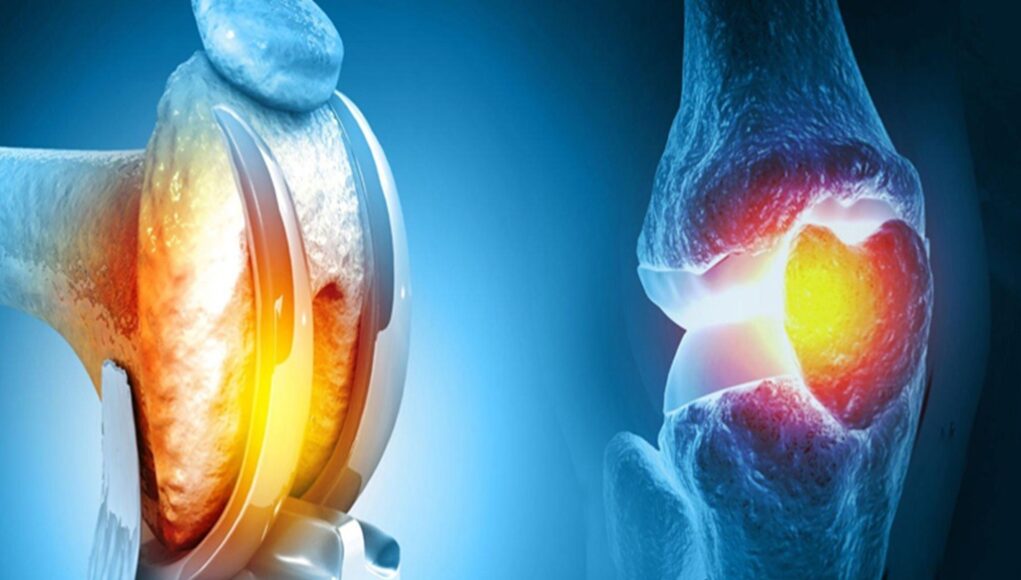Bone marrow cancer, also known as multiple myeloma, is a type of cancer that starts in the bone marrow—the soft, spongy tissue inside your bones where blood cells are made. This disease can be challenging to detect in its early stages because its symptoms are often subtle or mistaken for other health issues. However, recognizing the early signs is crucial for early diagnosis and treatment. Here are some early signs of bone marrow cancer that you should be aware of.
Persistent Bone Pain
One of the most common early signs of bone marrow cancer is persistent bone pain, particularly in the back, ribs, or hips. This pain may start as a dull ache and gradually worsen over time. It often gets worse at night or with movement. The pain is caused by the cancer cells weakening the bones, making them more prone to fractures.
Fatigue and Weakness
Feeling unusually tired or weak can be an early symptom of bone marrow cancer. This fatigue is not just the result of a busy day; it is often persistent and does not improve with rest. The cancer can interfere with the bone marrow’s ability to produce enough red blood cells, leading to anemia, which causes fatigue and weakness.
Frequent Infections
Bone marrow cancer can weaken the immune system, making you more susceptible to infections. If you find yourself getting sick more often than usual or taking longer to recover from common illnesses, it could be a sign that your immune system is compromised. Repeated infections, especially respiratory or urinary tract infections, can be an early indicator of bone marrow cancer.
Unexplained Weight Loss
Sudden, unexplained weight loss can be a warning sign of many types of cancer, including bone marrow cancer. If you are losing weight without making changes to your diet or exercise routine, it’s important to consult a doctor. This weight loss can be due to the body’s increased energy expenditure in fighting the cancer.
Easy Bruising and Bleeding
If you notice that you are bruising or bleeding more easily than before, it could be an early sign of bone marrow cancer. This happens because cancer can reduce the number of platelets in your blood, which are essential for clotting. As a result, you may bruise more easily, have frequent nosebleeds, or notice prolonged bleeding from minor cuts.






